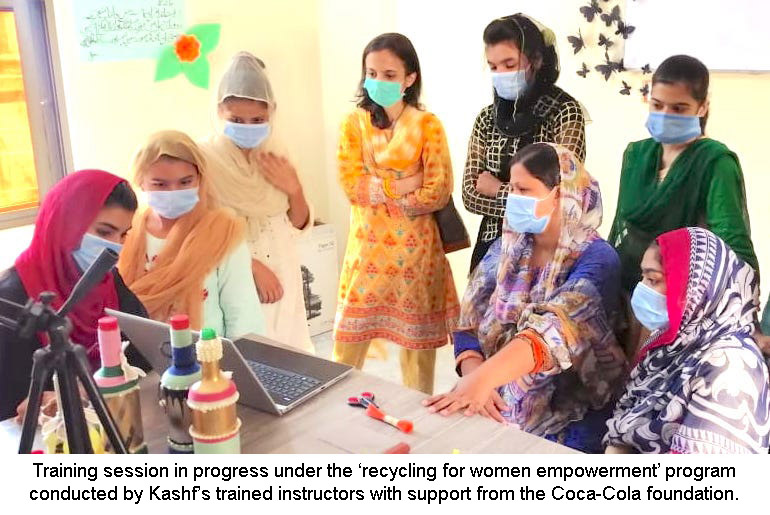New York: As the COVID-19 pandemic continues to take a heavy toll on the health and economies of countries around the world, governments, non-governmental organizations, international financial institutions and the private sector are stepping up political, financial and in-kind support for programmes that protect the health and rights of women and girls in developing countries.
A year ago, at the landmark Nairobi Summit on ICPD25, the world came together to commit to ending preventable maternal death, the unmet need for contraception, and gender-based violence and harmful practices like child marriage and female genital mutilation, by 2030. At that Summit, more than 8,000 delegates from 170 countries made 1,250 financial and other commitments in support of sexual and reproductive health and rights.
Today, UNFPA, the United Nations sexual and reproductive health agency, reports that major donor governments are already substantially delivering on the amounts they pledged in Nairobi. And some are even surpassing what they promised, demonstrating their steadfast commitment to the rights of women and girls at the time it is most needed.
“The commitments made in Nairobi are more critical now than ever before. Far from dampening our ambition, COVID-19 has only sharpened our focus and resolve,” says UNFPA Executive Director, Dr. Natalia Kanem. “I am heartened to see so many government, private sector and civil society partners take bold steps to sustain our collective efforts and deliver on our promises to women and girls. As long as we stand together, we will prevail.”
Civil society, the private sector, academia, and others rallied behind the cause on an unprecedented scale, pledging over $8 billion towards achieving zero preventable maternal deaths, zero unmet need for family planning, and zero gender-based violence and harmful practices by 2030. Governments also announced major commitments, including:
- GBP 425 million (approx. USD 552 million) from the United Kingdom to UNFPA to boost supplies of contraceptives
- Over NOK 11 billion (approx. USD 1.2 billion) from Norway for sexual and reproductive health and rights in development and humanitarian settings between 2019 and 2025
- EUR 20 million (approx. USD 23 million) from Germany for sexual and reproductive health and rights, followed by EUR 30 million (approx. USD 35 million) for UNFPA’s response to the COVID-19 pandemic
- EUR 29 million (approx. USD 34 million) from the EU for adolescent sexual and reproductive health and rights
- DKK 100 million (approx. USD 16 million) from Denmark to UNFPA for sexual and reproductive health
In September 2020, UNFPA established a High-Level Commission to ensure all the commitments made at the Summit stay on track, even during the COVID-19 pandemic. Chaired by Jakaya Kikwete, former President of the United Republic of Tanzania, and Michaëlle Jean, former Governor General of Canada, the Commission will make recommendations so that the momentum created in Nairobi continues towards a world of rights and choices for all.
“We will never lose sight of the world we are fighting for — one of sexual and reproductive health and rights for all,” Dr. Kanem concluded.







